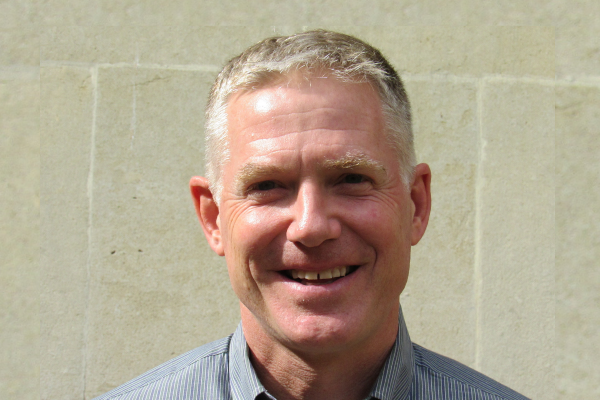“The ability to speak freely and to publish freely is like oxygen.”

© privat
The “Woche der Meinungsfreiheit” (Freedom of Expression Week) will take place between 3 (International Press Freedom Day) and 10 May (anniversary of the book burnings) 2024. This is an initiative put together by the Börsenverein des Deutschen Buchhandels, the recently founded Freedom of Expression Foundation and the Frankfurter Agenturallianz.
The aim of the campaign week is to provide important impetus for the socio-political debate in Germany and to emphasise the importance of freedom of expression and lively debate for a democratic society.
Every year, people from over 100 countries come together at Frankfurter Buchmesse. As part of the "Freedom of Expression Week", we focus on the perspectives of international members of the publishing industry.
What does freedom of expression mean to you personally? What do you think is the biggest challenge to freedom of expression? What can publishers from around the world do to promote freedom of expression?
In cooperation with the IPA (International Publishers Association), we put these questions to colleagues from India, Turkey, Spain, Italy, the UK, Canada and the USA and brought them together here.
Nico Pfund, President and Academic Publisher at Oxford University Press
What does freedom of expression mean to you personally?
Freedom of expression is the very DNA of a democratic society, which is one of the reasons the current unrest about campus speech restrictions is causing such friction across the political spectrum. The ability to speak freely, without fear of intimidation or punishment, and to publish freely is like oxygen; we take it for granted and all too often only recognize its value when confronted with its absence.
What do you perceive as the greatest challenge to freedom of expression?
Where to begin? There are currently a great many obvious manifestations of illiberalism that exist in direct conflict with free expression these days but I’m constantly struck by the human tendency to treat extreme opinions at the poles as broadly representative. This tendency tends to limit or arrest dialogue, often before it begins, and is of course amplified by social media, reflective of the old journalistic adage, “If it bleeds, it leads.” I also worry about the “soft” self-censorship that comes from a fear of being pilloried and a rigid insistence, beyond a sensible concern about cultural appropriation, that people can only write about their own experiences (although I hope that that concern might be an example of extreme positions being cast as more general).
What can publishers around the world do to promote freedom of expression?
Combat harmful, malevolent, biased, or ideologically misleading speech with vetted, peer-reviewed speech that earnestly and unapologetically seeks to arrive at the truth such as it can be ascertained.
About Niko Pfund
Niko Pfund is the Academic Publisher and President of Oxford University Press, USA. A past president of the Association of University Press, he serves or has served on a number of boards and advisory groups, including those of the Digital Public Library of America, the Eurasia Group Foundation, the Executive Council of the Professional and Scholarly Publishing division of the Association of American Publishers, and The Common (a literary magazine).
About the Freedom of Expression Week
Now in its fourth year, the "Freedom of Expression Week" programme promotes the expression of opinion and lively debate for a democratic society. This year's programme includes more than 60 events throughout Germany.
Further information on the programme and the Freedom of Expression Week Charter can be found here. https://www.woche-der-meinungsfreiheit.de/(opens in a new window)
